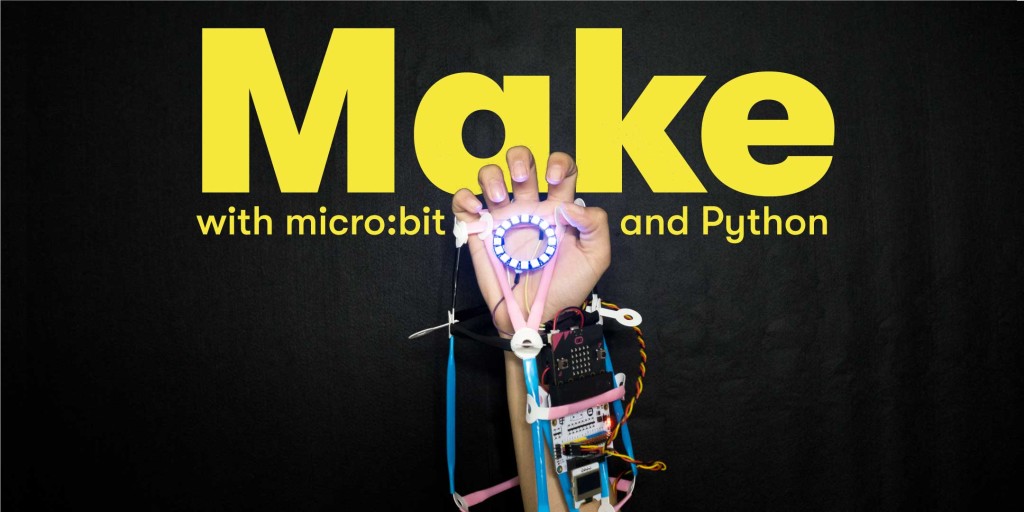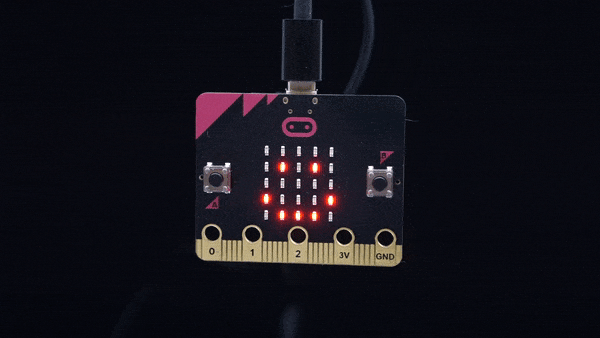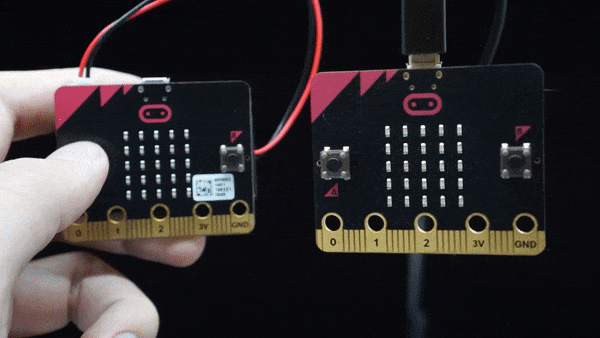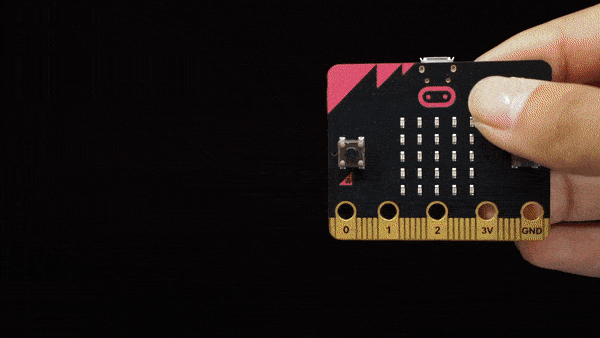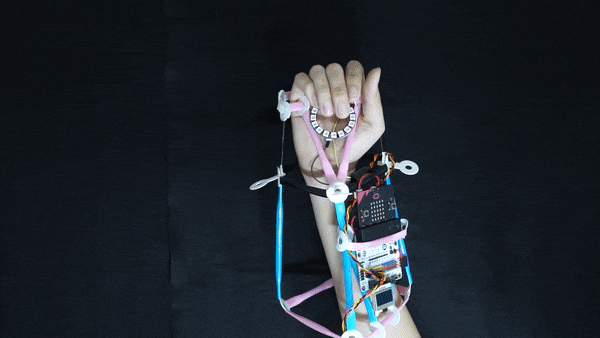An introduction to the DIY movement & the art of Making with micro:bit & Python.
Making is the art of using tools to tell a story about what you see needs to be made & how to improve the world around you. Be introduced to the art of Making & tinkering through learning the micro:bit, a small but powerful computer. Combine it with your Python programming skills in this introduction to Making, to create your invention and tell your story.
KEEPIN’ IT SHORT & SNAPPY
- For ages 11 to 14
- An introduction to the DIY movement & Making
- Build on your Python skills and apply it to a physical context of microcontrollers & electronics
- Combine both programming & electronics to invent your tools
- Debug & Ideate to build confidence in designing your own programs
- Bring back your micro:bit, accessories sold separately
- Requires Back to Basics: From Zeroes to Python Heroes or Equivalent Python programming experience
Get hands on & be introduced to the Maker movement and the art of making with the micro:bit, a tiny computer that’s small in size but HUGE in what it can do.

Build on the Python skills you already have and learn how to program and control the micro:bit. Learn to debug and resolve errors through deliberate debugging exercises.

Use the micro:bit’s built-in radio to send messages wirelessly. Then learn to extend the what the micro:bit can do with additional add ons like LEDs, an OLED screen, sensors & more!

To cap it off, combine your knowledge of Python, the micro:bit and an ideation & planning framework to create your own micro:bit project.

- Introduction to microcontrollers & micro:bit
- Displaying images, animations on the display
- Buttons & inputs
- Tracking motion & gestures with the Accelerometer
- Extending the micro:bit with breakout boards
- Programmable LED displays with NeoPixel
- Use Radio to communicate between microbits
- More inputs with OLEDs & Potentiometers
- Deliberate debugging & ideation process
- Design & prototype your maker project!
No lectures. No memorisation. No ONE right answer. Like real life, we're all about trying things out yourself, failing, figuring what went wrong & trying again. These are the skills & mindset that will last a lifetime and how we learn in real life. Let's get kids to learn how to learn. Because the kids who learn to learn become curious, inventive, resourceful human beings who solve real world problems to make a meaningful impact.
Should government regulations advise against in-person classes, as this camp cannot be conducted online, our team will recommend you suitable alternatives that your curious child will love.
